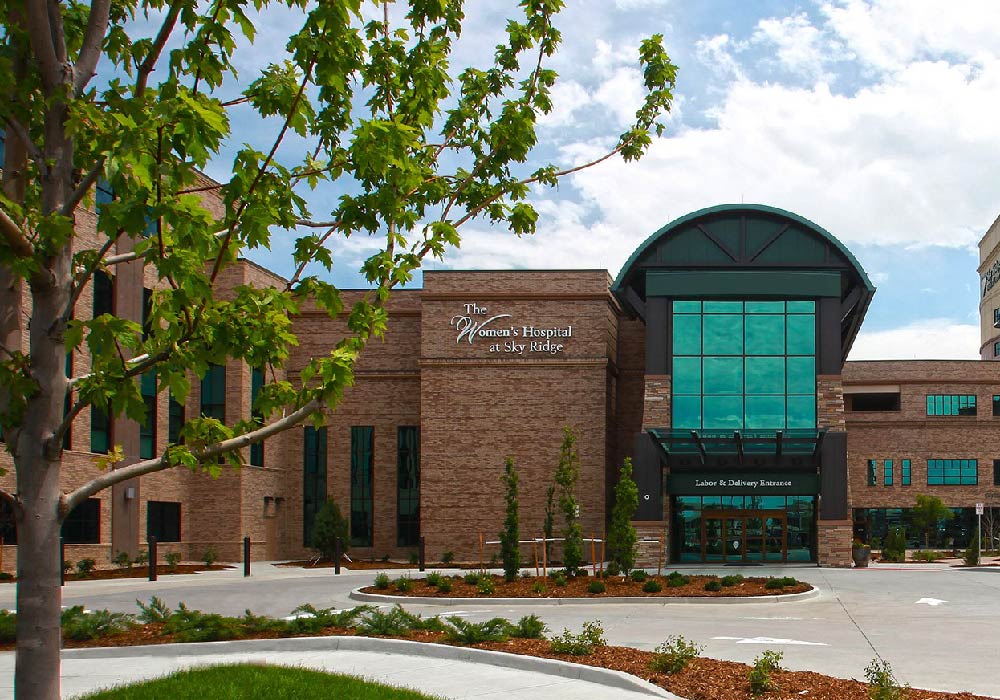The choices we make about diet, exercise, and other lifestyle habits affect our overall health, including the risk of developing cancer. Regular cancer screenings can help find cancer before you have any symptoms.
Many of us put off important screenings during the COVID-19 pandemic and now is the time to get them back on your calendar. Check out these guidelines to ensure you are taking care of yourself and your loved ones.
Breast Cancer
Breast cancer is most common in women but can also affect men. Often, breast cancer is detected through a lump in the breast or a noticeable change in the size, shape, or skin of a breast.
Early detection is vital when it comes to breast cancer. Regular self-checks and mammograms are crucial for the diagnosis and early detection of breast cancer.
Women should be familiar with their breasts through monthly self-checks and promptly report any changes to a healthcare provider. Starting as early as age 25, women should talk with their physicians about their individualized risk for breast cancer, as higher-risk women may benefit from genetic counseling or early screening.
- Age 20+: Monthly self-checks
- Age 20-40: Breast exam by your physician or practitioner at least every three years
- Age 40+: Annual mammogram and breast exam by your physician or practitioner
Calculate your breast cancer risk at Cancer.gov/bcrisktool. To schedule a mammogram, call (720) 493-3700.
Cervical Cancer
A Pap test is a procedure that looks for changes in a woman's cervix that could become cervical cancer. An HPV test looks for the human papillomavirus that can cause cell changes on the cervix.
- Age 21-29: Pap test at least every three years
- Age 30-65: Pap test and HPV test at least every five years
- Age 65+ Stop Testing: Women with normal history should stop testing*
*Women with an abnormal diagnosis should be tested for 20 years following the result, even if testing continues past age 65. A woman whose uterus and cervix have been removed for noncervical cancer reasons and who has no history of cervical or pre-cervical cancer should not be tested.
Colorectal Cancer
Colon cancer is up to 90 percent curable if detected early. A colonoscopy is a screening measure that identifies potential polyps.
- Age 45+: Evidence-based options may include colonoscopy at 10-year intervals or a fecal immunohistochemistry test (fit) annually*
Sky Ridge also offers Colonoscopy Saturdays, so you don't have to take a day off work. Call (720) 225-1104 for details.
*Consult your physician to determine the proper screening test for you.
Lung Cancer
Those who have at least a 20-pack-year smoking history and are current smokers or have quit within the past 15 years should be screened for lung cancer. A "20 pack-year" equivalent is equal to smoking one pack of cigarettes a day for 20 years OR two packs a day for 10 years.
- Age 50-80 (Must be 50-77 for Medicare): Low-dose CT scan every year
Skin Cancer
You or your healthcare provider can conduct a visual full-body examination, looking for moles, birthmarks, or other areas of the skin that look abnormal in color, size, shape, or texture.
Those at high risk for skin cancer include those with reduced immunity, a personal history of skin cancer, or a strong family history of skin cancer.
- Age 20+: Regular full-body skin self-exams and annual skin exams by your doctor
Sky Ridge Medical Center is Here for You
Since its opening in 2003, Sky Ridge has grown into a 304-bed destination hospital with a reputation for clinical excellence and world-class service. Sky Ridge offers compassionate care through patient-centered programs.
If you have questions about cancer, Sky Ridge Medical Center can help. Call (303) 253-3225 or live chat at AskSarahNow.com.
Mark your calendars for the Sky Ridge Women's Symposium, which will be held from 9:00 AM to noon on Saturday, April 27, at the Lone Tree Arts Center. Details will be posted soon on the Sky Ridge Facebook page!
10101 RidgeGate Parkway
Lone Tree, CO 80124
WEBSITE • FACEBOOK • TWITTER • YOUTUBE




